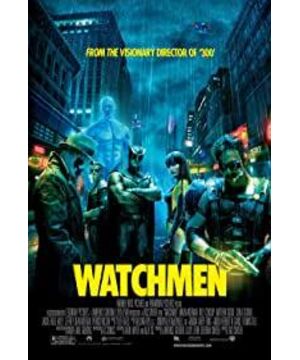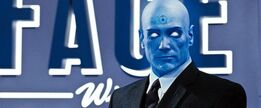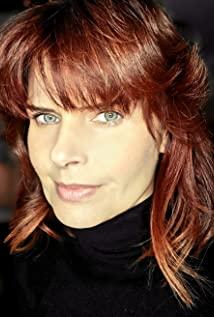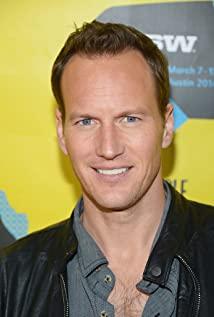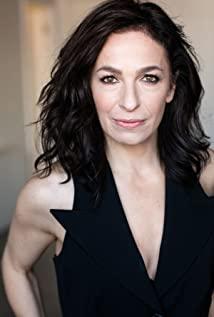The question I thought of at the first time was-Why didn't Wit kill himself?
1. Is Wit's guilt enough to be thankful for his death?
There is no doubt that the meticulous conspiracy caused the deaths of tens of thousands of people, Hitler was only at this level, how many families were broken up, and innocent people lost their lives. Such a painful price, if God created it, we accept our fate; but if it is deliberately caused by a person, he must bear the responsibility for it, regardless of whether it is a necessary and forced choice.
Rorschach's suicide was to defend this simplest principle. "Never surrender, never compromise", he tried his way to Wit. Although justice has been abandoned, at least justice is true. In the face of Rorschach’s death, no one can ridicule that morality is a game of power, and no one can laugh and angrily claim that this world is a law of the jungle. Because of the existence of Rorschach, justice has changed from a legend to a historical fact.
2. Witte admits his sins or not?
If Witte used his theory of saving the world to exempt all of his moral anxiety when doing all his actions, and did not implement his plan full of panic, arrogantly and proudly, then his spiritual level is just the level of a tyrant. But this is not the case for the smartest person in the world. As the movie says, he listens carefully to the suffering of everyone who died because of him. He wants to experience the disaster he brings, not to escape or make fun of it. . If a person admits that he has brought suffering to others and uses his best efforts to experience such suffering, it is a kind of self-blame and a kind of moral anxiety.
3. Why didn't Wit commit suicide? Where is the original sin going?
Only this question is a question, not a question. Because the film did not give us a standard answer. If you are Wittur-please note that it is Wittur after the big bang, how would you choose?
This problem is everywhere in reality. For people, sin is unavoidable, almost innate; the moment when humanity shines, it becomes our choice when facing sin. In this transitional society, the ritual collapse, the disintegration of people's hearts, and the loss of morality, the specific time, place and environment created Wit’s crime and Ma Jiajue’s crime.
But in the face of sin, is there any possibility of salvation? If experiencing the pain caused by sin is a kind of salvation, then Wit has more salvation waiting for him, as a billionaire, home reconstruction, disaster relief, the face-changing Rorschach tree monument and so on. But the prerequisite question remains, can self-punishment and repentance redeem original sin?
Or is it that only the path of self-judgment is the most moral choice?
How do you face your original sin? If I were Wittur, I think termination is the best choice.
View more about Watchmen reviews


